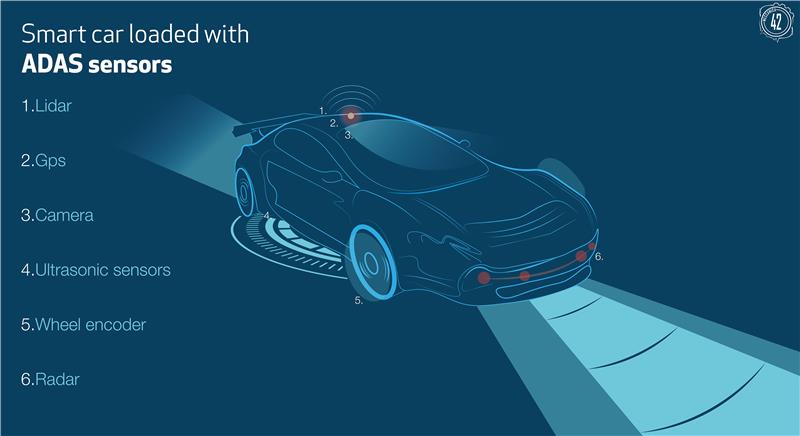#5 A KPI-driven approach to streamline ADAS development and validation


Advanced Driver Assistance Systems (ADAS) are becoming a pillar of modern automotive safety, aiming to drastically reduce road accidents and contribute to the European Union’s vision of zero road fatalities by 2050.
While Level 1 ADAS features offer critical support in emergency scenarios, the real game-changer lies in Level 2 and Level 3 systems, which actively control the vehicle to assist the driver under a broader range of conditions.
However, this added intelligence comes with increased system complexity, demanding more investment in hardware, software development and calibration.
To address these challenges, a new research activity, presented by Leandro at AIAS 2024, introduces a methodology aimed at evaluating ADAS performance more efficiently—both in virtual environments and during on-road testing.
This is an initial study on the topic, laying the groundwork for a more structured approach to ADAS validation.
The methodology is based on a framework of Key Performance Indicators (KPIs) designed to:
By applying this methodology, development teams can quickly assess the readiness of Level 2 and Level 3 ADAS features, identifying performance gaps early in the process.
The goal is not only to improve system reliability and safety, but also to streamline the overall development timeline.
This KPI-based framework brings value across all phases of development:
With growing regulatory demands and market expectations, ADAS validation should evolve to be faster, more scalable, and more insightful.
This first study proposes a foundation for smarter development practices, enabling manufacturers to deliver safer and more reliable systems—while keeping time and cost under control.
If you want to learn more, the full paper is available here.
